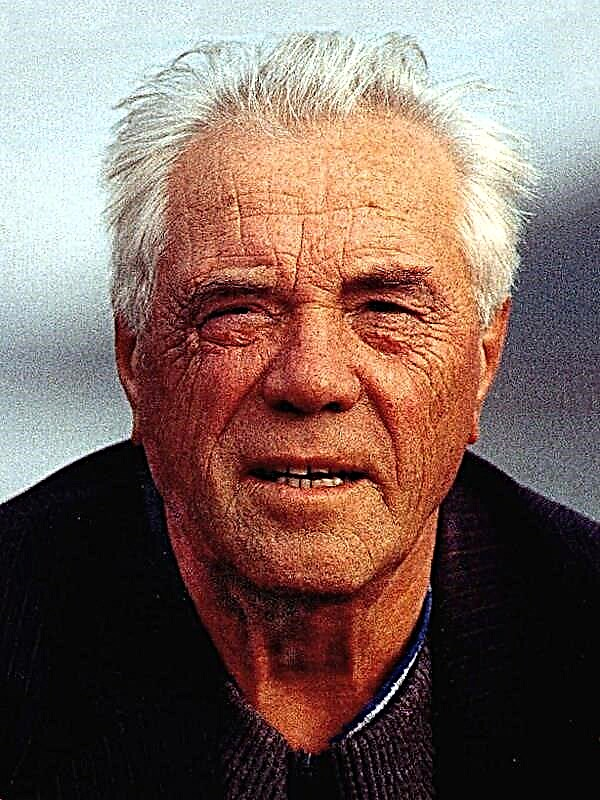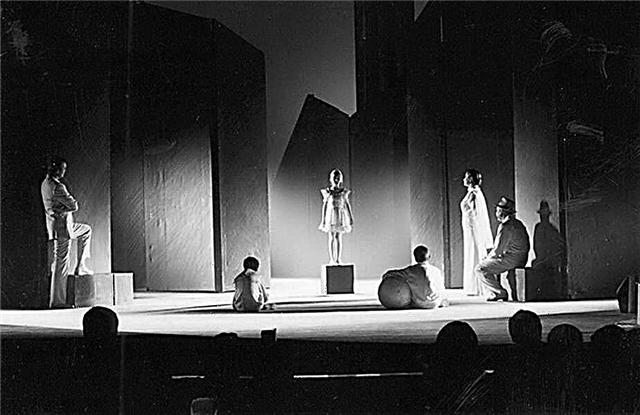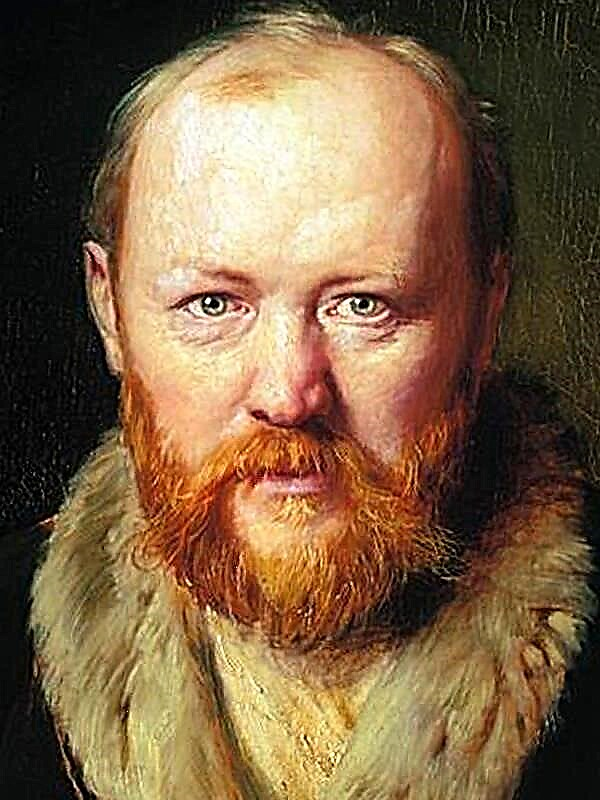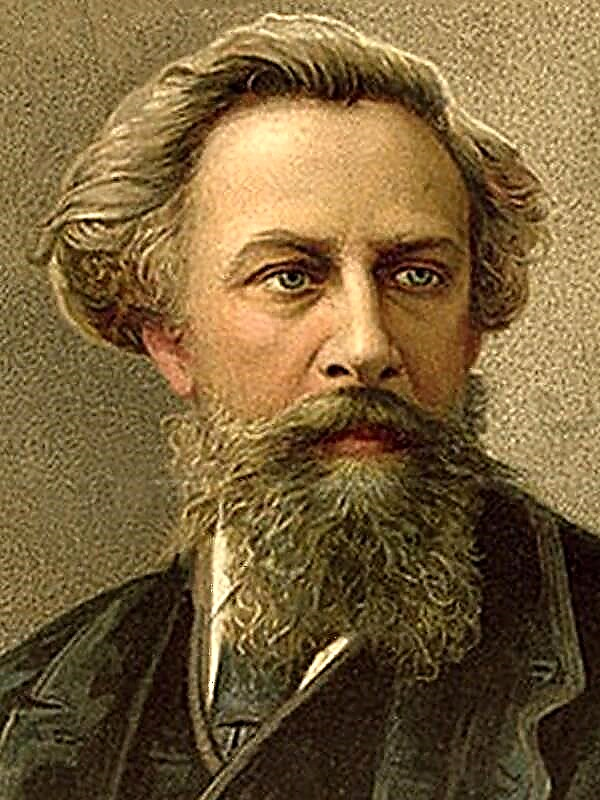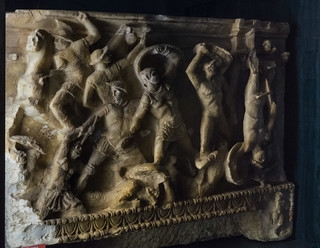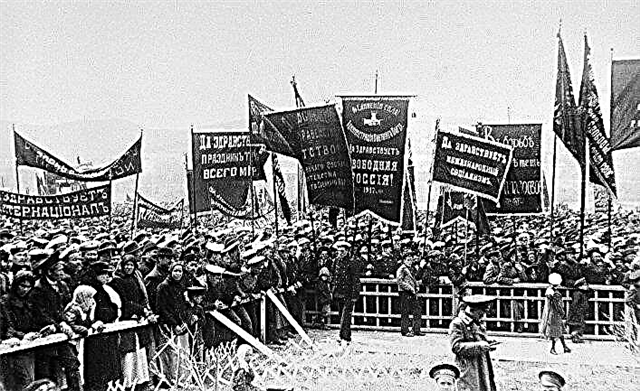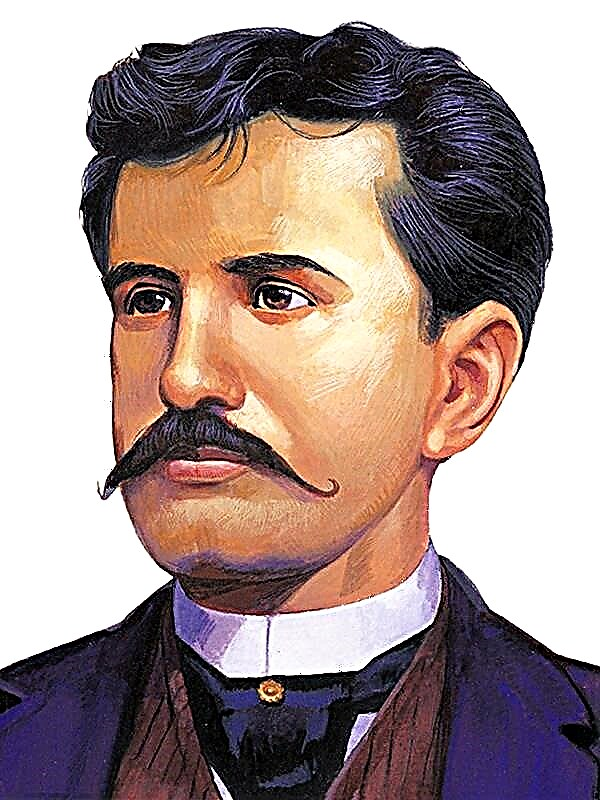(336 words) Mikhail Afanasevich Bulgakov’s novel “The Master and Margarita” is a work that includes the problems of the individual and society, which remain relevant today. A variety of plot lines and characters allowed the author to fully realize the main idea - to show Moscow the first half of the twentieth century. In this city, under the influence of the Woland retinue, the main vices of people are revealed.
The central problem of the work, according to many critics, is the effect of love on a person’s personality. Thanks to the story of the Master and Margarita, we learn about what this feeling is capable of and how it changes personality. The life of both characters undergoes changes under the influence of passion: Margarita finds a spiritual relationship, and the Master meets a woman capable of anything for him. A striking example of the heroine’s selfless love is her act at the ball at Woland: Margarita suffers the pain inflicted by the shackles and fear of the dead only to get a chance to meet the Master again. It is the feeling of love that allows characters to evolve, and at the end of the story, the characters get "eternal peace" - something that they have been striving for throughout their lives.
But the plot of the novel is based not only on the love story of the Master and Margarita: the earthly life in the work is compared by the author with the life of the biblical character - Yeshua Ga-Nozri. But earthly life, regardless of era, by Bulgakov’s standards, is not the embodiment of justice, and therefore Ga-Nozri on his righteous path meets with betrayal and cowardice. The character was convicted by Pontius Pilate: “guilty of pronouncing ridiculous speeches that embarrassed the people in Yershalaim,” and despite the absurdity of the accusation, he was sentenced to death. The procurator of Judea showed cowardice before the innocent Yeshua, proclaiming a cruel sentence. He was afraid that other officials would not understand him, and he himself would "become a criminal." Pilate’s decision was also influenced by his pride: he couldn’t recognize that there was anything greater than the power of the emperor Tiberius in the world, since he himself was its representative. Thus, the above-mentioned vices of Pontius Pilate under the leadership of obstinacy and spiritual "blindness" doom him to martyr immortality.
The problems of the novel “The Master and Margarita” are diverse and complex. Behind the simple details lies the deep artistic intentions and ideas of the author. And therefore, it is impossible not to fall in love with Bulgakov’s works: a whole world of events and destinies comes to life in them, which every reader feels in his own way.

